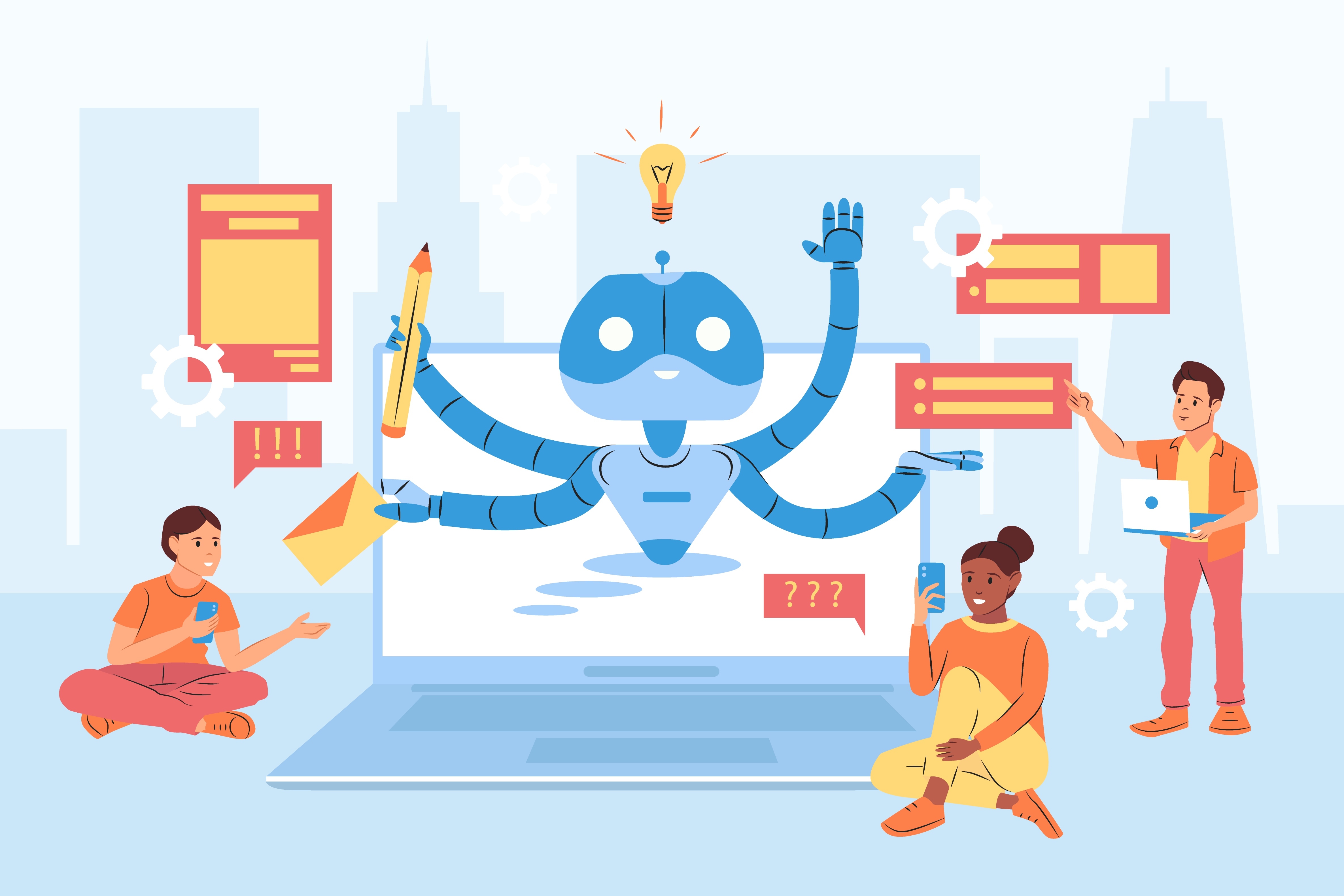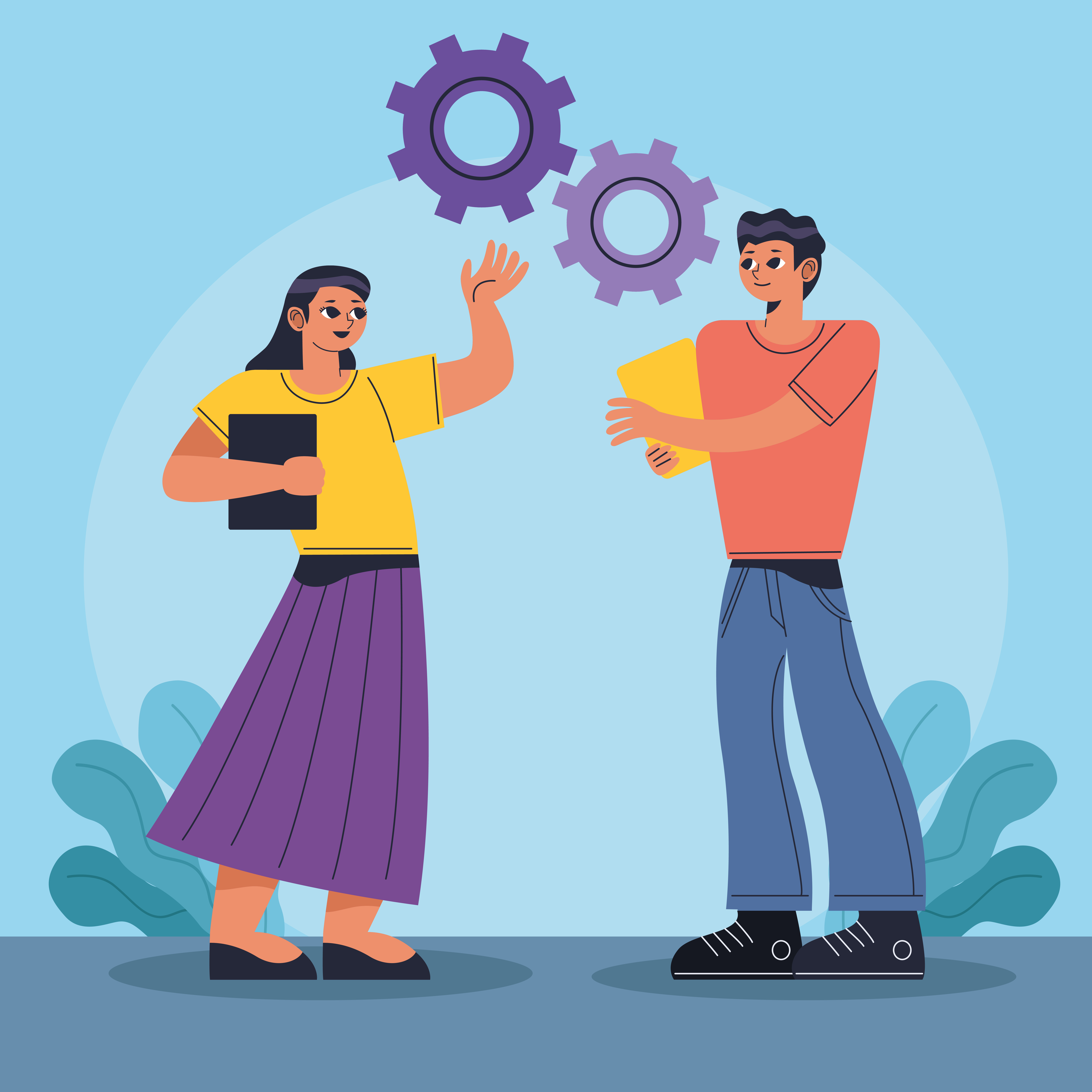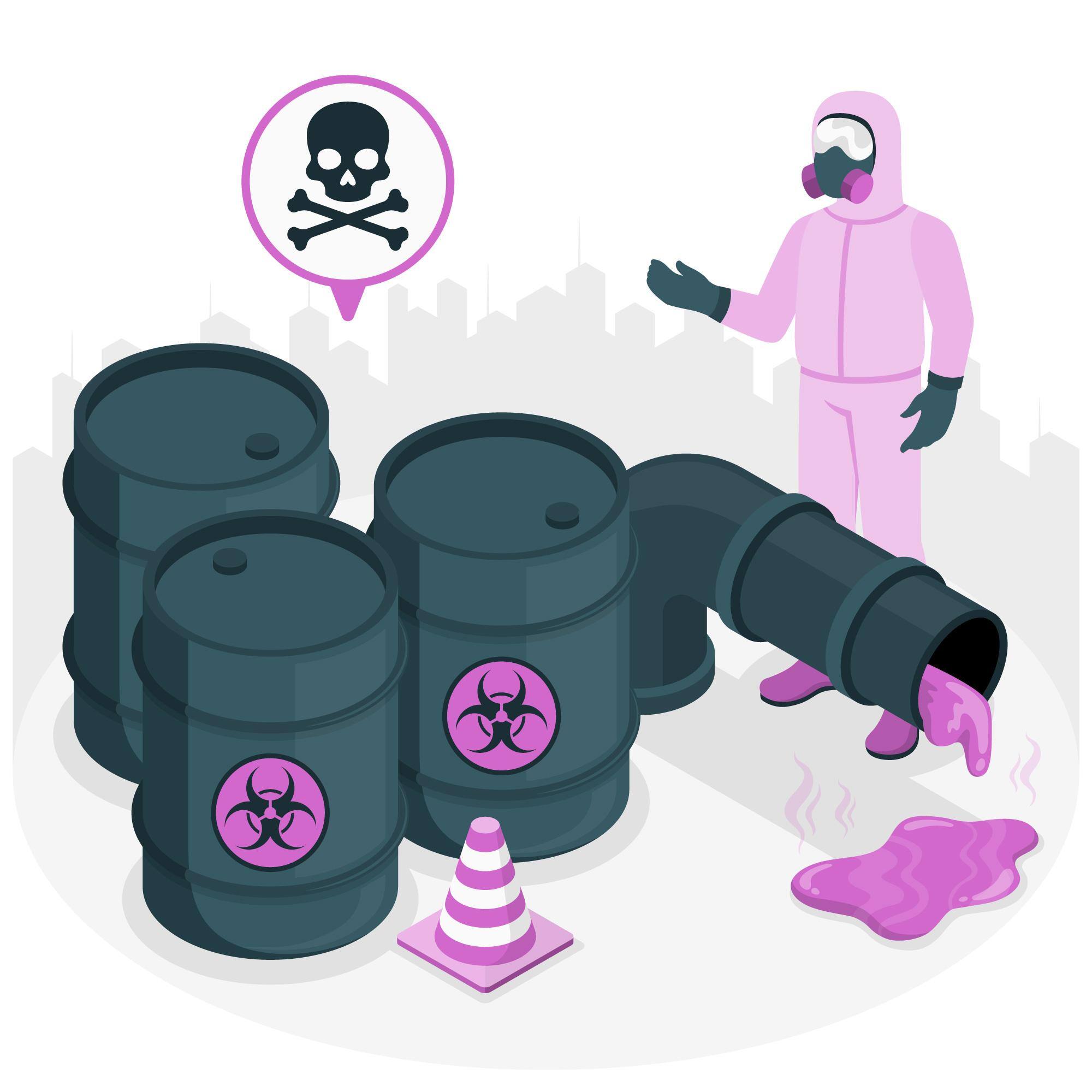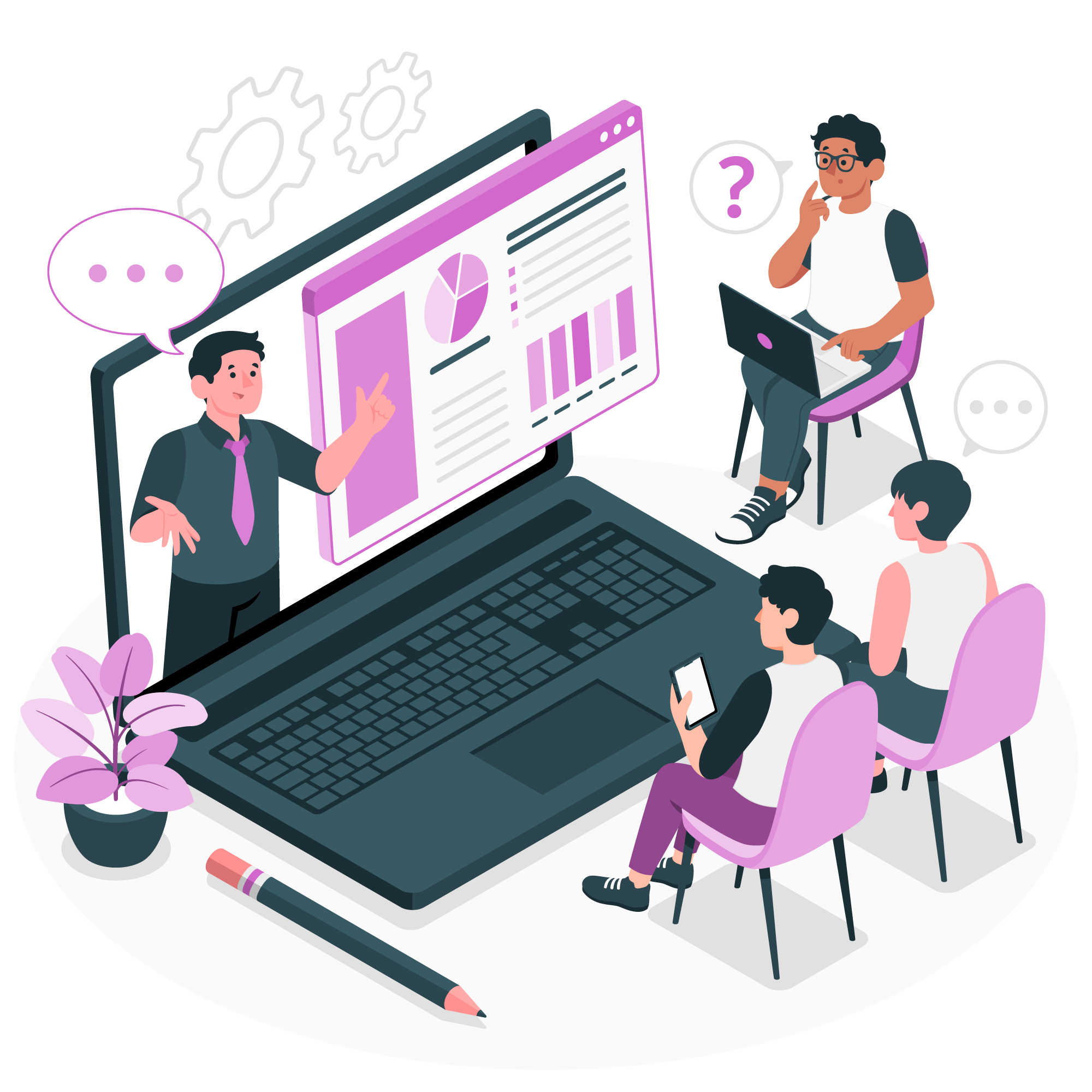Let’s face it, technical know-how might get your foot in the door, but it’s soft skills that keep you in the room. In today’s workplace, the ability to communicate clearly, collaborate effectively, and lead with empathy is just as important as mastering software or processes.
Yet, despite their importance, soft skills often fall by the wayside either because training feels outdated or results are hard to measure.
That’s where Artificial Intelligence (AI) steps in. By powering short, targeted microlearning modules, AI is helping companies deliver soft skills training that’s personalised, practical, and actually sticks.
In this blog, we’ll explore why AI and microlearning are such a powerful combination, and how they’re reshaping the way we build stronger workplace communication.
Why Soft Skills Still Matter — Maybe More Than Ever
Soft skills aren’t just “nice to have” anymore — they’re essential for thriving in modern teams. Here’s why they’re critical:
- Improved Collaboration: Strong communication and teamwork lead to smoother workflows and healthier workplace relationships.
- Enhanced Leadership: Traits like empathy and adaptability help leaders build trust and navigate change.
- Greater Productivity: Teams with strong interpersonal skills often resolve issues faster and work more efficiently.
- Better Customer Experiences: Skills like active listening and clear communication directly improve client satisfaction.
How AI Elevates Soft Skills Training
AI brings real intelligence to training delivery- adapting to each learner, offering feedback in the moment, and scaling across entire organisations. Here’s how it helps:
1. Personalised Learning Paths
No more one-size-fits-all workshops. AI analyses things like self-assessments or feedback to customise learning. An employee who finds public speaking tough, for example, might be guided through targeted modules on structuring talks or managing anxiety.
2. Real-Time Feedback and Coaching
AI-powered tools can give instant feedback — whether it’s analysing your tone in a simulated pitch or suggesting alternative phrasing in a negotiation exercise. Learners don’t just study theory, they practice and improve as they go.
3. Interactive Simulations
Virtual conversations with AI-driven characters allow employees to rehearse tough conversations — like giving feedback or resolving conflicts - in safe, realistic settings.
4. Meaningful Progress Tracking
AI continuously tracks engagement, completion rates, and skill gains — helping HR teams fine-tune programmes and spot where support is needed. This mirrors techniques discussed in 7 Metrics HR Leaders Use to Measure Employee Development and Workplace Training Success
Why Microlearning Is the Right Format for Soft Skills
Soft skills don’t need a day-long seminar. In fact, they’re best learned in short, focused bursts — especially when they can be applied straight away. Microlearning helps make that happen:
- Short Lessons: Practice a specific skill — like handling feedback — in just 5 minutes.
- Immediate Application: Learners apply concepts quickly, which reinforces retention.
- Engaging Formats: Videos, quizzes, and short simulations keep things fresh and focused.
- On-the-Go Access: Modules are mobile-friendly and fit easily into a busy schedule.
Take conflict resolution: a module might include a short explainer video followed by a scenario where learners choose the best response to a tense workplace moment.
The Benefits of AI-Powered Microlearning
When AI and microlearning come together, the impact goes beyond engagement — it’s measurable and scalable:
- Scalability: Deliver consistent, high-quality training across global teams with minimal lift.
- Improved Engagement: Gamification and real-time feedback make learning feel more like coaching than coursework.
- Data-Driven Decisions: HR can track what’s working — and what’s not — using clear metrics.
- Faster Skill Development: Short, frequent lessons help skills embed quickly into daily work.
Read more on future proofing your training here
Best Practices for Getting Started
To make the most of AI-driven soft skills training, start with these best practices:
- Assess Training Needs: Use surveys or 360° feedback to identify soft skills gaps.
- Use AI Analytics: Let AI surface learning trends and preferences for smarter training delivery.
- Include Real-World Scenarios: Simulate actual workplace situations your teams are likely to face.
- Encourage Continuous Learning: Build microlearning into your team’s regular workflow — not just once a quarter.
What’s Next: AI Trends That Will Shape Soft Skills Learning
As AI technology matures, expect even more innovation in soft skills training:
- Immersive Experiences with AR/VR: Fully immersive practice environments for real-world simulations.
- Natural Language Processing (NLP): Analysing communication style and tone in real-time to coach soft skills.
- Predictive Learning: Identifying future gaps and proactively serving personalised training before issues arise.
Soft skills aren’t soft anymore — they’re business-critical !
And with the help of AI and microlearning, they’re finally being taught in a way that’s relevant, scalable, and human-focused.
As the workplace continues to evolve, companies that invest in smart, adaptive training will see stronger communication, more effective leadership, and more cohesive teams.
Now is the time to modernise how your workforce learns to connect, collaborate, and grow.
Conclusion
AI-powered microlearning is transforming soft skills training by making it more engaging, personalized, and effective. By bridging communication gaps and fostering collaboration, this approach empowers employees to succeed in today’s complex workplace environments.
5Mins.ai helps thousands of teams speed up their training and upskilling with our AI powered TikTok style platform, You can check out our full library of 20K + bite-sized lessons by filling in the form below
Full Catalogue
.png)



